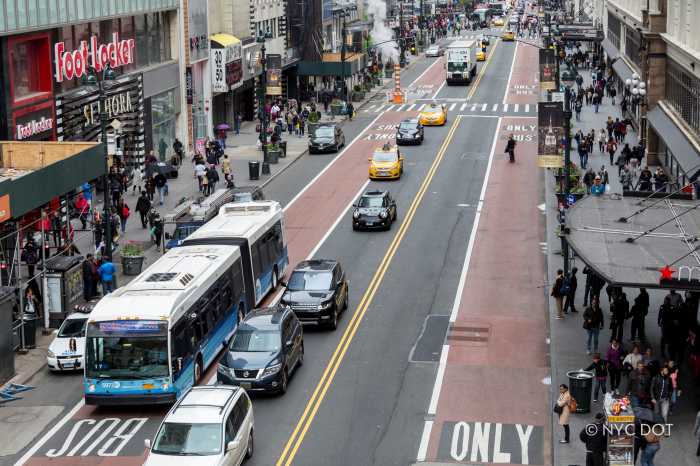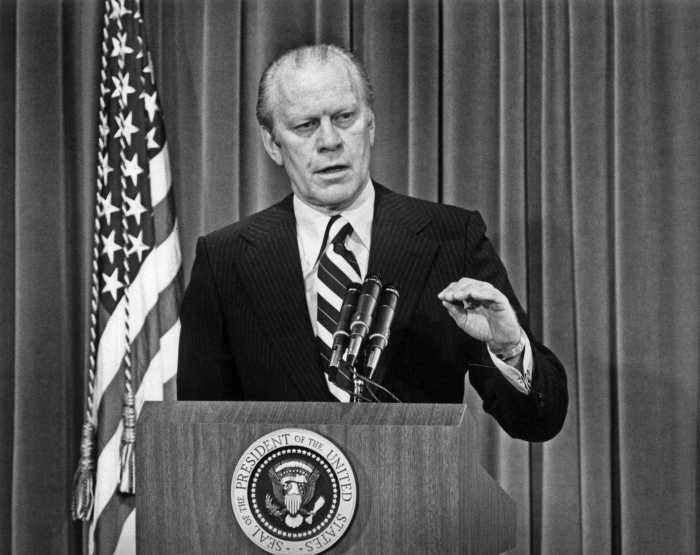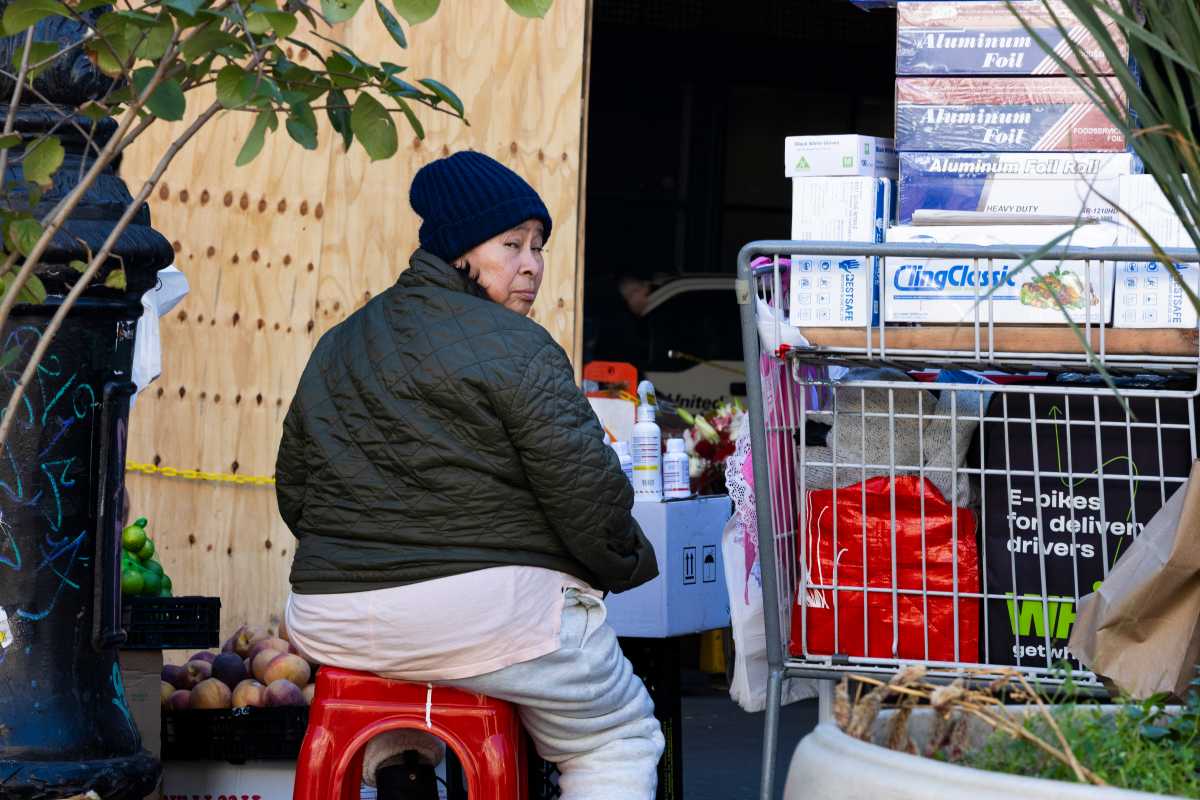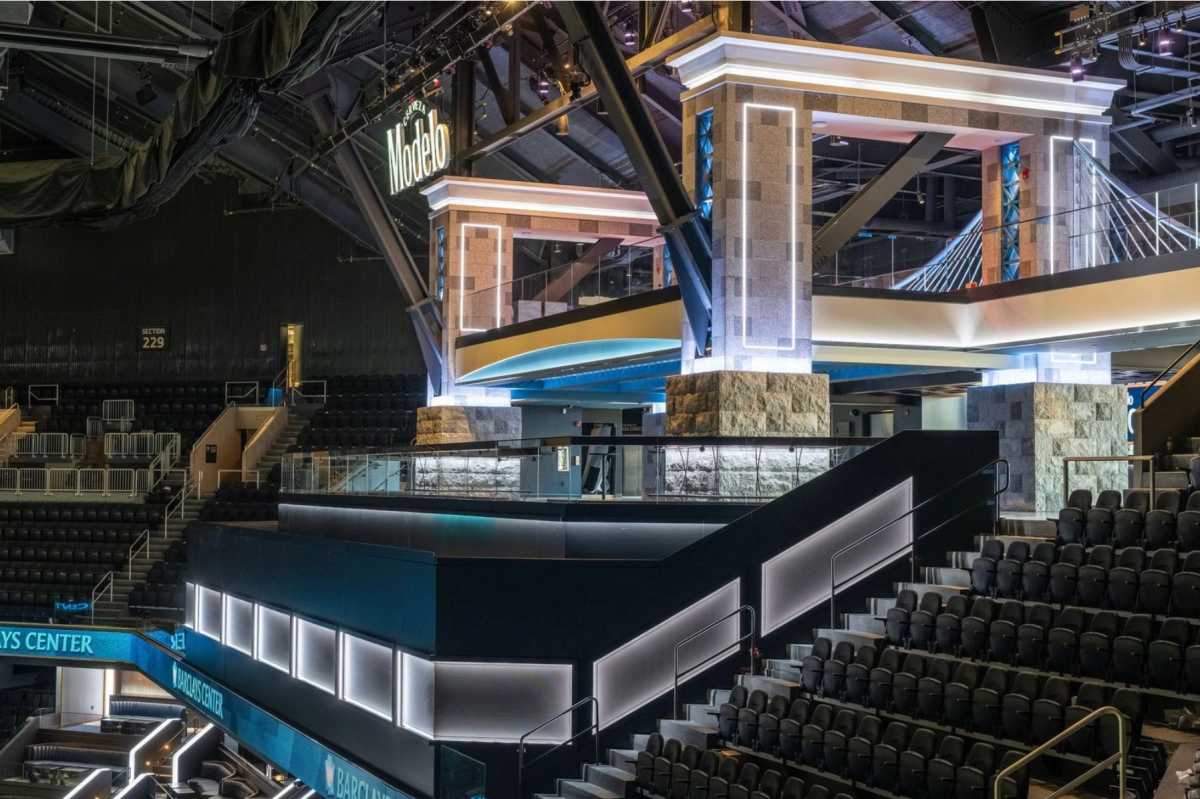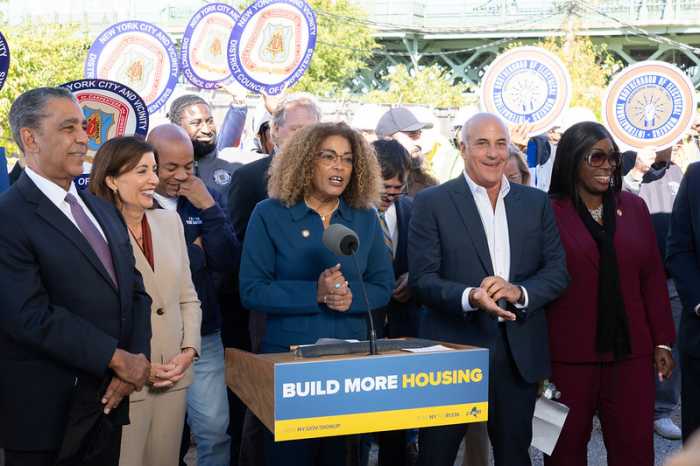The nine members of the House of Representatives who serve districts bordering Mexico — newly elected and old hands, Democrats and Republicans — have something in common: Not one of them supports President Donald Trump’s Southern border wall.
“Everyone tries to act like this is some scary drug cartel movie back in the day,” Republican Rep. Will Hurd, whose district spans 800 miles of Texas border, said in a televised interview after Trump’s Oval Office address Tuesday night. In fact, Hurd said the border areas “are some of the safest communities in the United States.”
“It’s a Fourth Century solution to a 21st-century problem,” said Democratic Rep. Vicente Gonzalez. His district includes McAllen, Texas, where Trump will visit Thursday and where crime is at a 33-year low. Gonzalez told reporters that “no one wants stronger border control than me,” but added that he supports technological solutions because “walls don’t bring real security and cost too much.”
Two complicated arguments
The dispute over the wall is really two arguments, complicating each other to the point of insolvability. One involves the physical security of the nation. The other centers on its ideological identity.
Absent the philosophical argument, the security issues aren’t really that divisive. Few Americans are so anti-wall that they wouldn’t concede there are areas on the border where barriers are part of the answer. In New Mexico, Arizona and California, for instance, where the U.S. government controls a continuous 60-foot-wide strip of mostly flat, dry land adjacent to the border with Mexico, the majority is already fenced. Few people are so pro-wall that they wouldn’t concede that the Texas border, mostly unfenced because of treaties, private ownership, environmental litigation and floodplains, can’t be walled entirely.
And far from being at a crisis point, illegal crossings have dropped almost 70 percent in 15 years. While heroin, fentanyl and cocaine do come over the Southern border, they mostly arrive in vehicles, crossing through legal checkpoints. More border guards at checkpoints and in between them, with better technology, are what’s needed to cut the flow of illegal crossers and drugs.
As for those who come to the border seeking asylum, national and international laws give them the right to do so. More judges and facilities are what’s needed to process asylum-seekers, to adjudicate their claims quickly, and either to send them back or welcome them in.
What kind of nation will we be?
What is bedeviling the nation is not how to protect our border, but how to define our nation. Shall we hunker behind a wall, keeping most new immigrants out, or be a nation that welcomes many in?
Our history is one of welcoming. We are nearly all descendants of immigrants, often poor and unskilled. We need to discuss how many people we ought to let in, and on what basis. And that argument must be stripped of the fearmongering and xenophobia Trump has displayed. But that debate is not well served by the government shutdown, which holds federal workers hostage and pulls resources from crucial initiatives that safeguard us. The overarching question of national identity can’t be resolved in a proxy fight over a wall. The answer is negotiations and compromise on our immigration policy.




